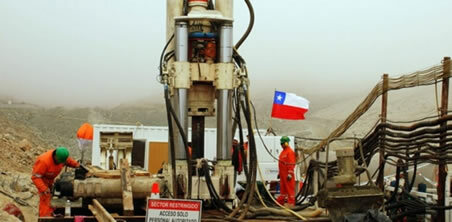Urban revolution is the name of the change in the organization of societies after the development of agricultural activity. The process took place throughout history in different parts of the Planet.
The concept of urban revolution was first used by archaeologist Gordon Childe (1892 - 1957). Childe demonstrates that technological evolution in the development of tools gives man autonomy in food production.
Having the capacity to generate and store food, prehistoric man benefited from a better quality of life. The consequences were an increase in the number of individuals in the group and a change in social behavior. Until the domain of agriculture and livestock, societies were essentially gatherers, hunters and nomads.
The need to migrate in search of food was an important obstacle in the groups' self-preservation.
childe adopted a ten criteria system to indicate the development of a society:
- writing
- Increased group size
- concentration of wealth
- Large scale buildings - large constructions
- representative art
- knowledge of science and engineering
- Foreign trade - interaction with other companies
- Presence of experts who dominated livelihoods
- society divided into classes
- Political organization based on residence and not on kinship
The system was criticized by scholars who pointed out that it is not necessary to obey all the criteria to consider a social organization. Among the excluded factors is writing.
Urban Revolution in the Neolithic
In the Neolithic period, the urban revolution takes place as a consequence of the agricultural revolution. Without the need to migrate, society is organized in the Mesopotamia region, around 5 thousand years a. C., in Sumer.
With the control of the environment, man starts to accumulate food and exerts a new form of organization. Little by little, it follows the criteria defined by Childe. Thus, the complexity of society increases and large urban centers begin to appear.
The same process takes place at different times in Egypt, China and Central America.
Keep studying! Read too:
- agricultural revolution
- Neolithic Period or Polished Stone Age
- Stonehenge
- Urbanization
- Mesopotamian Civilization
- Enem geography: subjects that fall the most

